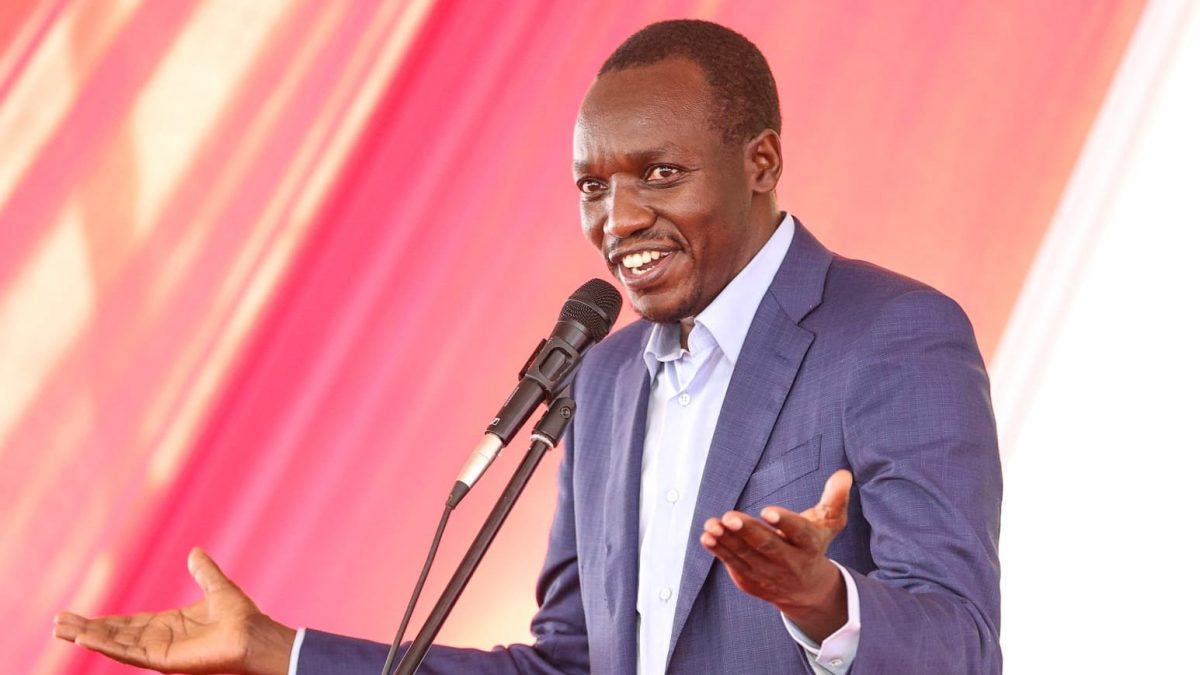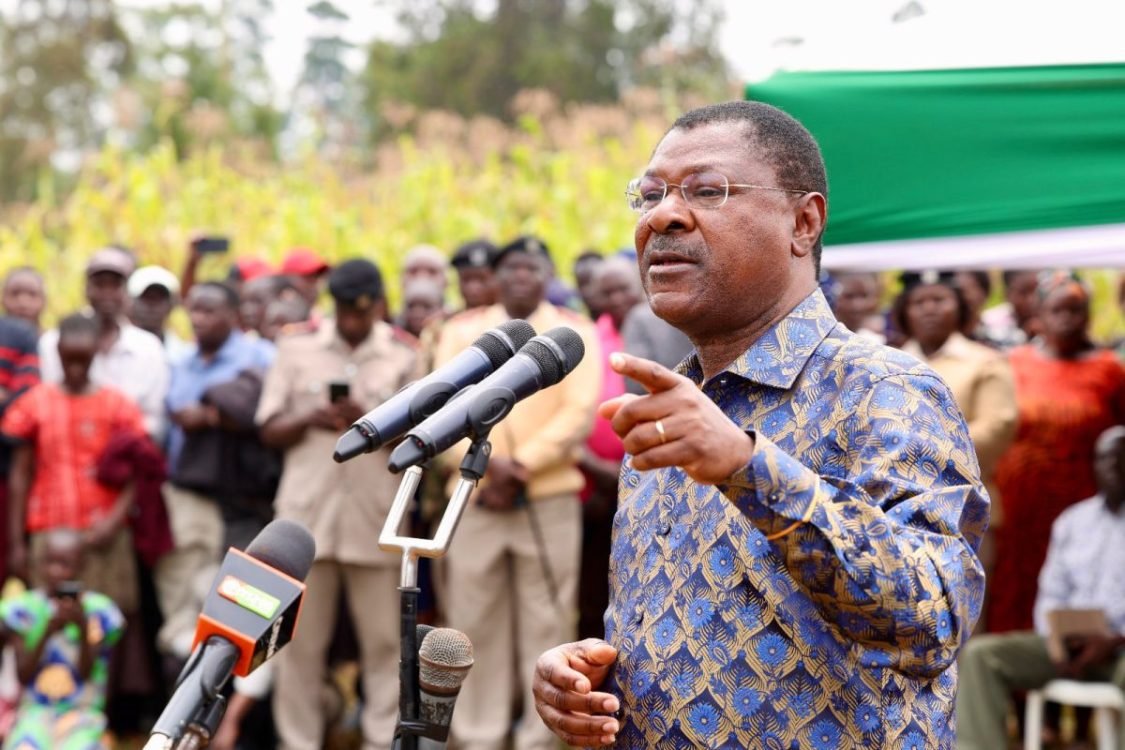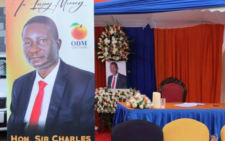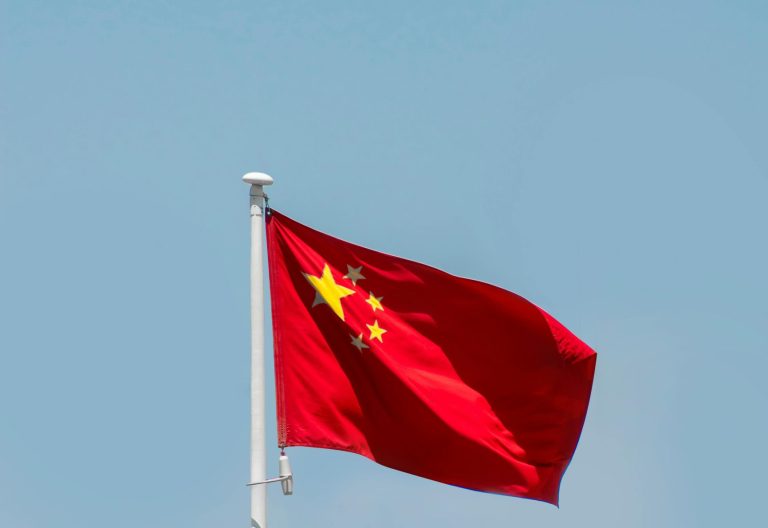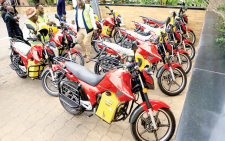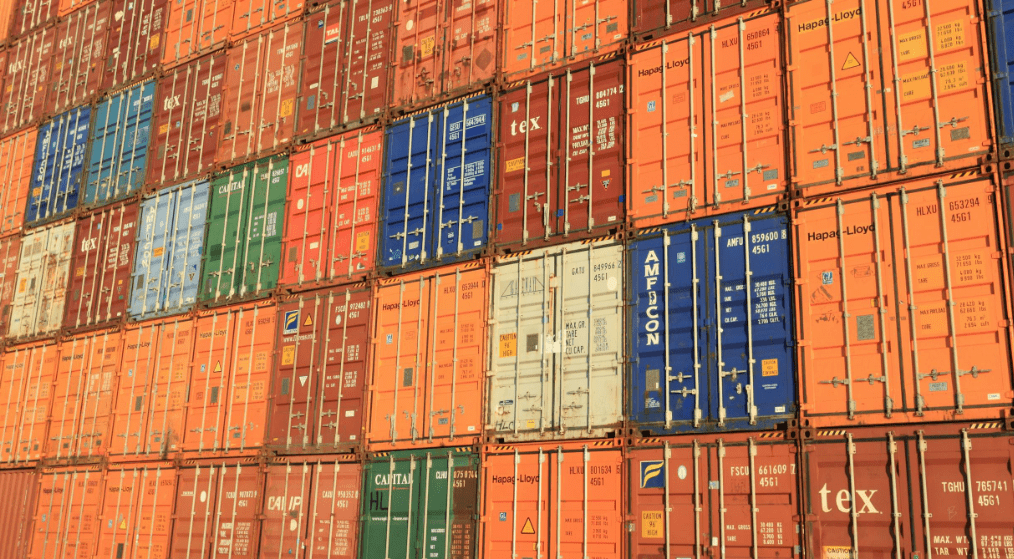State unveils Sh10b plan to expand broadband access

The government will allocate Sh10 billion from the Universal Service Fund (USF) to expedite the provision of broadband internet to its citizens.
The Fund which is set aside to support widespread access to ICT services, promote capacity building and innovation in ICT services, is sourced from among others levies on licensees, appropriations from government as well as grants and donations.
Principal Secretary for Broadcasting and Telecommunication Edward Kisiang’ani said the country is keen on forming a partnership with private service providers to ensure communication connectivity across remote areas and particularly speed up the connectivity process by leveraging Kenya Power lines through G2G initiatives.
This initiative aims to connect 8.4 million homes to the internet between 2026 and 2027, he said. “The strategy has changed, but the objective remains the same. We will now use the power lines and push fibre into the meter boxes. This will hasten the process and increase connectivity,” Kisiang’ani said on the sidelines of a two-day National Public Key Infrastructure (NPKI) forum.
The forum brings together cyber security experts from Kenya and Africa to discuss strategies for strengthening the digital economy through adoption of digital signatures.
Kenya Kwanza administration’s initial strategy involves laying over 100,000 kilometres of fiber optic cable for last-mile internet connectivity, launching 25,000 Wi-Fi hotspots nationwide, and establishing 1,450 digital hubs in each ward.
This plan, which aims at addressing youth unemployment and promoting digital literacy, is estimated to cost $400 million (Sh53.3 billion).
According to Kisiang’ani, the change in strategy from laying fiber optic cables to leveraging Kenya Power lines represents a shift from a broad, infrastructure-based approach to a more targeted, household-based approach.
“Instead of talking about kilometres, we need to talk of homesteads,” he said.
The initial strategy was a significant undertaking both in terms of time and resources, as it was focused on the geographical reach of the infrastructure, covering vast distances with fiber optic cables. However, this method might not have been the most efficient in terms of directly connecting individual homesteads to the internet.
Furthermore, by utilising existing KP infrastructure, this approach could potentially be more cost-effective and efficient and lead to a faster rollout of internet access, as it bypasses the need for extensive groundwork that comes with laying new cables.
Information, Communication, and Digital Economy Cabinet Secretary Eliud Owalo announced that through the National Public Key Infrastructure (NPKI), a unique online identity or digital certificate will be issued to every citizen or firms.
This digital certificate will be mandatory for all online transactions, marking a significant step towards secure digital interactions.


